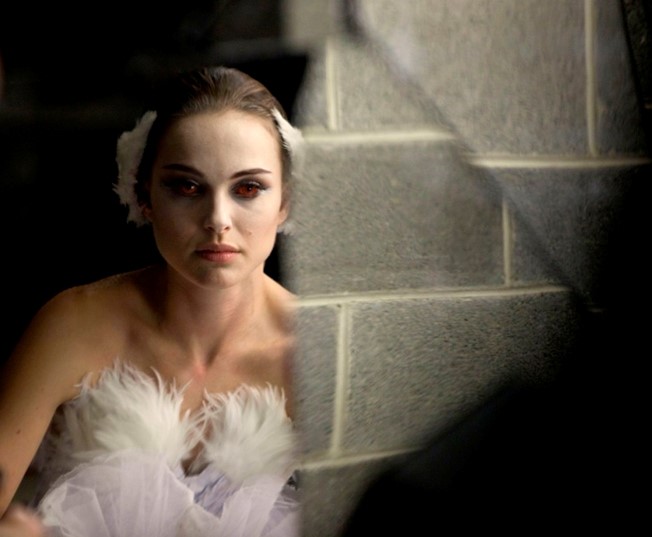After Cannes, the Venice Film Festival is the European Mecca for all those looking for the best and brightest in world and independent cinema. The 67th edition of the event offered a suitably esoteric line-up, covering all ages, genders and
After Cannes, the Venice Film Festival is the European Mecca for all those looking for the best and brightest in world and independent cinema. The 67th edition of the event offered a suitably esoteric line-up, covering all ages, genders and continents. Here is a selection of some of the best titles we saw, probably coming to a cinema near you in the not too distant future.
Meek’s Cutoff by Kelly Reichardt
Meek’s Cutoff is American indie director Kelly Reichardt’s first film to play in competition at a major international film festival, and while its rigorous, minimalist style divided audiences and critics, few would dispute that it belonged here. With her interest in the lives of the poor and disenfranchised spilling over from earlier works like Old Joy, and Wendy and Lucy, Reichardt tells the story of the members of a wagon train (including Michelle Williams, Paul Dano and Zoe Kazan) in Oregon circa 1845 and their perennial search for a place to live. An enigmatic but rich and rewarding film.
Black Swan by Darren Aronofksy
On a roll from his 2008 Venice win with The Wrestler, Darren Aronofksy spins what is essentially the same yarn, but this time places his hapless protagonist in the catty-isn’t-the-word milieu of classical ballet. Natalie Portman, delivering what is possibly her finest performance, plays a ballerina given a chance to shine as the lead in Swan Lake. Unfortunately, the situation overwhelms her somewhat and she ends up going a little screwy.
I’m Still Here by Casey Affleck
Affleck’s highly secretive (possibly mock) doc about Joaquin Phoenix’s year-and-a-bit as a retired actor-cum-hip-hop superstar felt like an indulgent, sporadically amusing in-joke stretched far too long. Capturing intimate moments in this unlikely career transition, such as his dalliances with drugs and prostitutes, Phoenix comes across as an utterly foul individual whose reasons for shunning the limelight remained shrouded in mystery as the final credits rolled.
Miral by Julian Schnabel
A rare miss-fire from Julian Schnabel, this follow-up to his triumphant 2007 film, The Diving Bell and the Butterfly, adopts the same loud colour palette and arsenal of weird lenses and visual effects to tell a story – essentially a condensed history of post-war Israel – which needed to be told in more austere tones. Slumdog Millionaire’s Freida Pinto feels miscast as the orphaned Palestinian girl who joins the fight for independence.
Promises Written in Water by Vincent Gallo
In an interview conducted during the making of his new project, Vincent Gallo said that he had no interest in what audiences would make of his film. Upon seeing it, you quickly realise why that might be. Virtually characterless and plotless, and filmed on grainy black and white stock, the dreamlike film follows a mortician’s assistant (Gallo) and his relationship with a young girl who is suffering from a terminal illness. The film was booed at its first press screening, but fans of his 2003 film, The Brown Bunny, will warm to its longueurs and wilful obscurism.
Text by David Jenkins
David Jenkins, formerly Deputy Editor of Little White Lies magazine, is a writer and film critic for Time Out.
